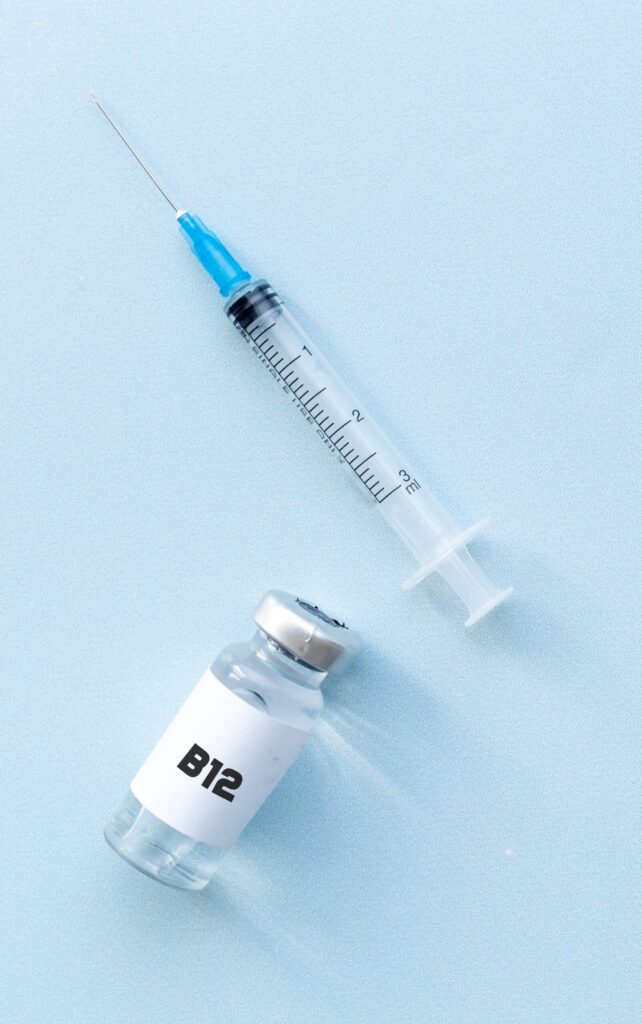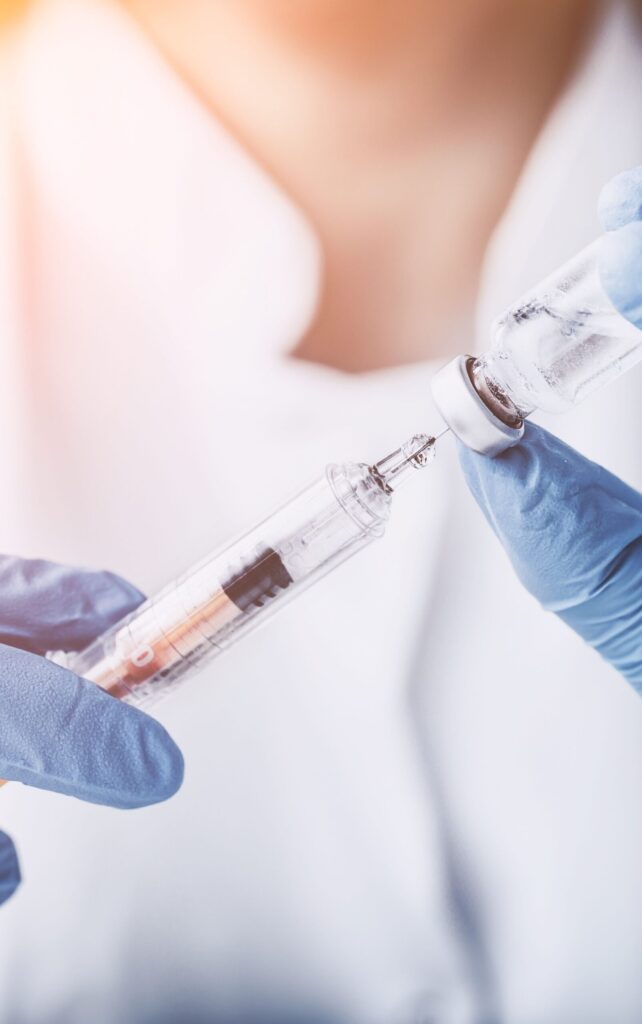How Nutritional Consulting Can Help You Make Healthy Decisions

Are you considering nutritional consulting services? Read on to learn more about how it can help with weight loss. It may be challenging to find your way around the world of nutrition on your own, what with all the contradicting information available. Nutritional consulting can come in handy in such cases. With nutritional consultation, you […]
How Can Red Light Therapy Help With Non-surgical Weight Loss?

Non-surgical weight loss options are great for those who want to shed pounds but are unwilling to undergo invasive treatments. Red light therapy is a new approach that has been getting a lot of attention in recent years. Red light treatment, also known as low-level laser therapy, is used to aid with weight reduction. This […]
What Are the Types of Fat Burning Injections?

Many people give up on their weight-loss goals once they realize that diet and exercise are not enough for them to lose weight in an optimally efficient manner. The good news is there are now more treatment options available for weight loss than ever before that are both safe and effective. Specifically, fat burning injections […]
The Benefits of B12 Injections for Medical Weight Loss

Studies show that B12 injections can help with medical weight loss. Many celebrities maintain fit bodies, youthful looks, and high energy because they choose this treatment. Knowing the advantages of getting these injections is necessary if you want to set an appointment soon. Here are some of the benefits of B12 injections for your medical […]
What is the Process of Getting Lipotropic Injections?

Lipotropic injections can be the weight loss solution that you have been waiting for. Studies show that the nutrients in these injections can help melt away fats. Understanding what these shots are can motivate you to set an appointment. Here are the details to consider about the process of getting lipotropic injections. The Procedure Weight […]
How Fat Burning Injections Work

Eat burning injections may be the slimming solution that you have been waiting for. This medical weight loss option is a semi-invasive way to remove unwanted fats in specific areas of your body. Working with your provider can keep this treatment healthy and effective. Here are the details about how fat burning injections really work. […]
Exploring the Benefits of the Nutrafol Product Line at Unicorn Medical Spa

At Unicorn Medical Weight Loss & Medi Spa, we are proud to offer the Nutrafol line of products, acclaimed for their natural approach to improving hair health. Nutrafol harnesses the power of scientifically-backed ingredients to support hair growth and wellness. This article explores the comprehensive benefits of the Nutrafol products we carry, emphasizing how they […]



